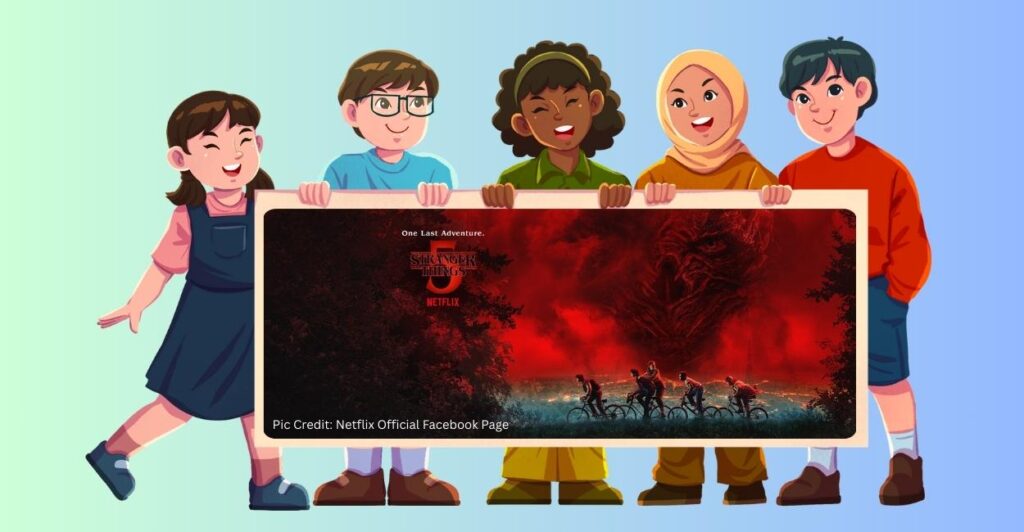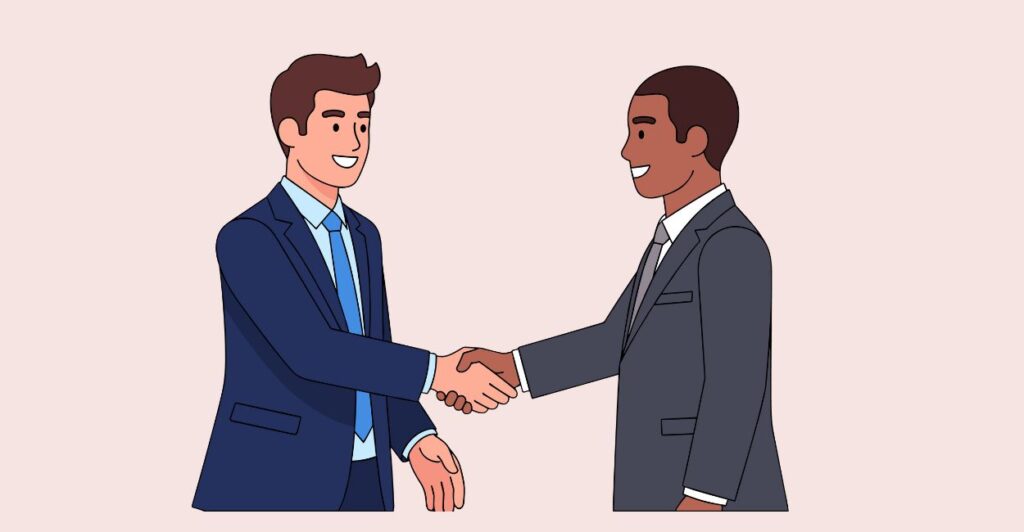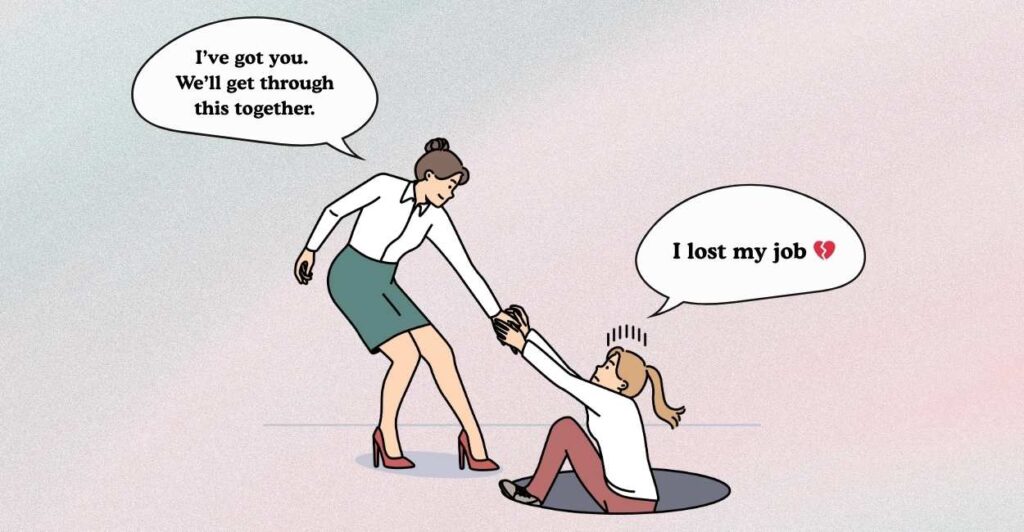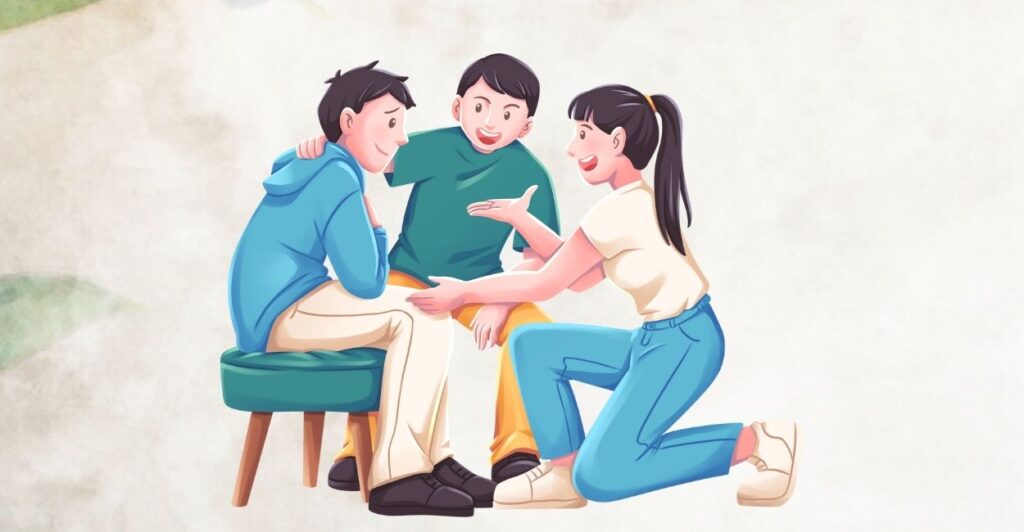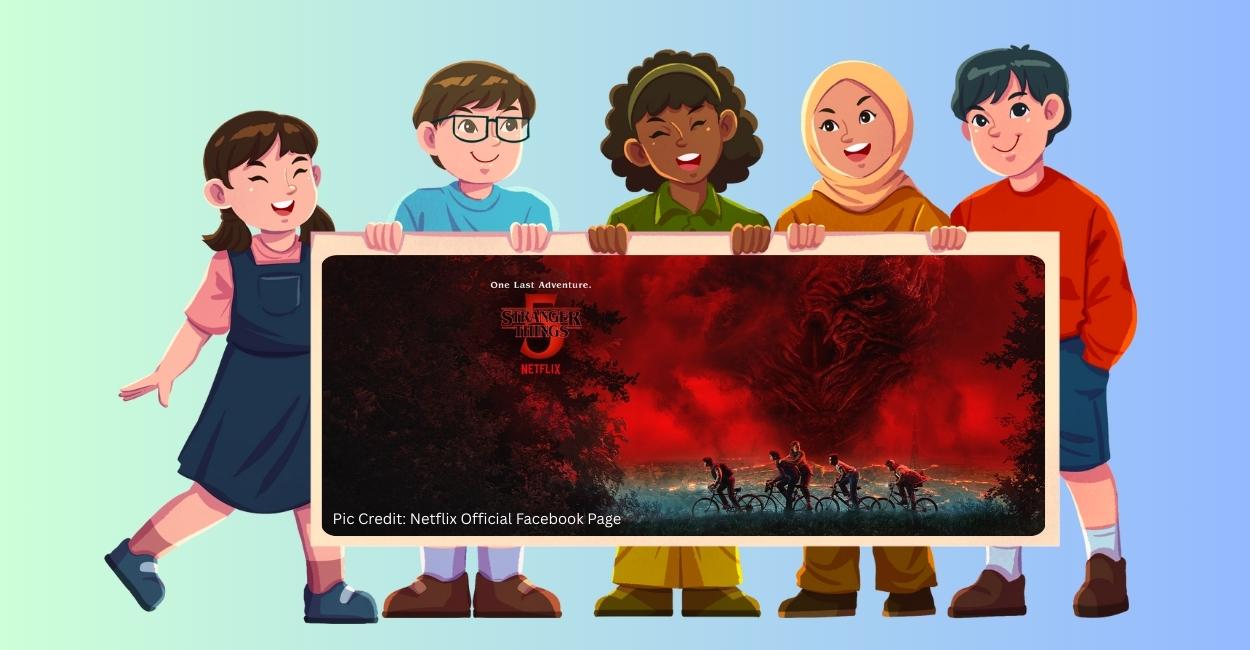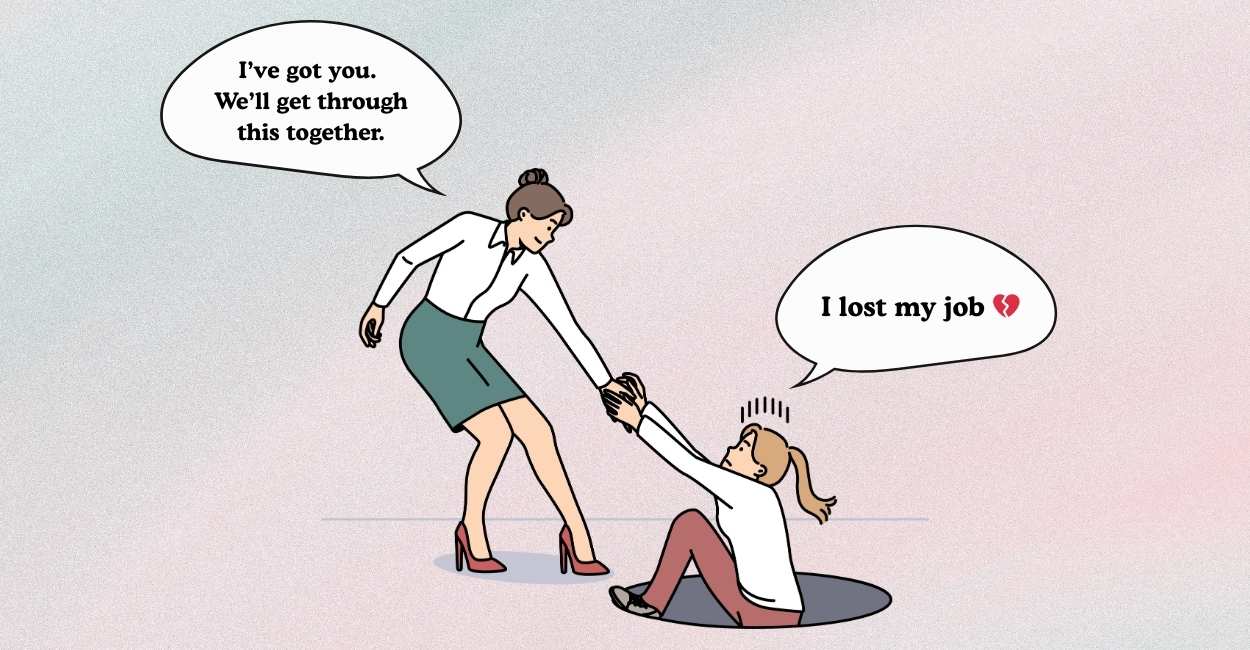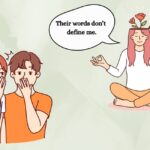How To Deal With A Lost Friendship – A Path To Healing
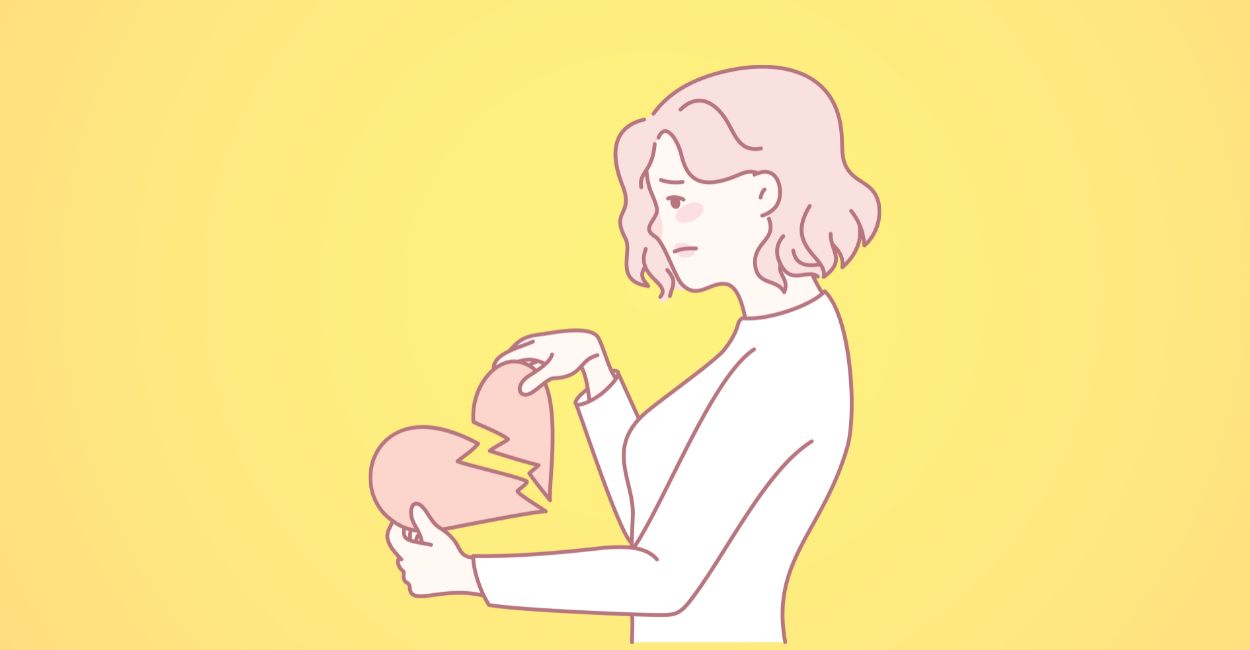
One of the most challenging emotional turmoil every person faces in their life is how to deal with a lost friendship. Unlike romantic breakups, which often receive societal acknowledgment, friendship breakups can be invisible, unspoken, and equally painful.
Because friends are not just companions; they are keepers of our secrets, partners in shared memories, and an essential part of our identity. When a friendship ends, the grief is real. However, there is a strong opportunity for healing and growth. Therefore, with this article, let’s dive into tactics for dealing with lost friendships.
How to Deal with a Lost Friendship: Step-by-Step Healing
Here’s a step-by-step guide on how to deal with a lost friendship. Hope it helps you heal and move on.
1. Acknowledge your feelings
If you think romantic breakups are the only painful event, then that’s a wrong perception. Friendship breakup is an equally painful event. So, don’t just brush it off and treat your grief with the same seriousness as a breakup.
Let your emotions out and don’t bottle them up. Journaling, crying, or confiding in someone you trust validates the pain and also helps ease it out.
2. Seek closure, but accept if you can’t get it
The best recommendation we can give is to have an honest conversation. It’s imperative to seek closure for one’s mental and emotional well-being.
And if you are not in the mood to talk or share, create closure through reflection, writing a letter – it’s not necessary to send it – or symbolic acts like clearing old reminders.
3. Do not overanalyze
We humans tend to overanalyze and overthink. So, don’t get stuck in this vicious loop of “what ifs.” Because overthinking can lead to anxiety, stress, mental exhaustion, and paralyze your decision-making.
Why would you want one more stress when you are already going through one? Understand that reflection is healthy, but rumination can delay healing. Instead of moving on, you will be caught in a cycle of thinking and more thinking.
4. Reframe the narrative
Though your friendship has ended and had sad moments, which led to the end result, don’t think about those bad moments.
Instead of only focusing on the loss, appreciate what the friendship gave you. Every friendship teaches a lot – it could be life lessons, finding joy, or growing together. So, cherish the good things and keep yourself away from the negativity.
5. Don’t play the blame game
Blame prolongs bitterness. So, don’t blame anyone or yourself. There’s no point in doing it because it can make you sad. Instead, accept that both people played roles in the relationship’s trajectory. Don’t overthink your mistakes or theirs, because that will stick with you forever!
6. Make new memories
When you have close friends, you tend to follow their routines. Thus, restricting your habit of trying new things and making new memories. Because there are times when friendships hold you back, so if that friendship has now ended, give yourself a breather to create memories and habits.
7. Visualize forgiveness for the mistakes they have made
It’s possible that you don’t want to see them or face them. So, start picturing yourself as having forgiven them. With this mindset, your soul will be at peace.
Once you feel peaceful and ready, then do let your ex-friend know about your feelings. Whatever the outcome is, convey your intentions peacefully. If you were wrong, convey the same and ask for forgiveness.
8. Take a break from social media
Social media can be vicious at times, especially if you happen to see constant updates from your ex-friend. So, isn’t it best to take a short break from social media?
Alongside this, consider muting or unfollowing your ex-friend on social media to protect your emotional space. This break will help you make time for yourself and engage in some enjoyable activities.
9. Start journaling
Journaling can work wonders in the process of grief and healing. It will help you release the pain and confusion. Start by writing about what you are feeling, thinking, and doing. Journaling can provide a safe space to express overwhelming emotions, organize scattered thoughts, and process painful memories.
10. Invest in self-care
It’s best to stay positive by focusing on yourself and your mindset. It is a reminder that you can survive without a toxic friendship. Further, it will help you to flush out all those bad memories and toxicity. Instead, redirect your energy into hobbies, exercise, mindfulness, or creative outlets.
11. Lean on other relationships
You have given 100% to this friendship, which, unfortunately, did not work out. But in this rat race, we often forget that there are people who care for us. So, reconnect with family, old friends, or supportive communities.
12. Stay open to new bonds
It is very obvious not to trust people again after a bitter loss of a friendship. So, how to deal with a lost friendship? Don’t let fear of loss stop you from forming new connections. Friendships are still worth investing in, and they are beautiful!
13. Seek professional guidance if needed
If all efforts turn futile, it’s best to reach out to an expert or a therapist. They can help you with your grief, the overwhelming feelings, or triggers deeper emotional struggles.
Why Losing a Friendship Hurts So Much?
- Emotional intimacy: Friends know our vulnerabilities and share in our daily lives. Losing that bond feels like losing a part of ourselves.
- Shared history: Memories, milestones, and inside jokes can’t be replicated easily.
- Unspoken expectations: We assume friendships will last, so when they don’t, it feels like betrayal.
- Ambiguity: Many friendships end without closure, creating confusion and unanswered questions.
What Not to Do When You Lose a Friend?
- Don’t vent or attack them on social media.
- Don’t force reconciliation if the other person doesn’t want it.
- Don’t isolate yourself completely.
- Don’t bury emotions—grief must be acknowledged to heal.
Can Lost Friendships Be Rekindled?
Sometimes, YES! Only if factors like long-distance, timing, or misunderstandings have caused the rift. However, rebuilding requires:
- Honest communication about what went wrong.
- Mutual effort in reestablishing trust.
- New boundaries to avoid repeating past issues.
- If the friendship was toxic, though, rekindling may not be the healthiest option.
Over to you…
Learning how to deal with a lost friendship isn’t about forgetting. Instead, it’s about healing and moving forward. By honoring your emotions, reframing the narrative, and investing in yourself and others, you transform pain into growth.
Friendship breakups don’t erase the love or laughter you shared. They mark the end of one chapter and the opening of another—one where you carry the lessons, strength, and openness to create deeper, healthier connections in the future.


